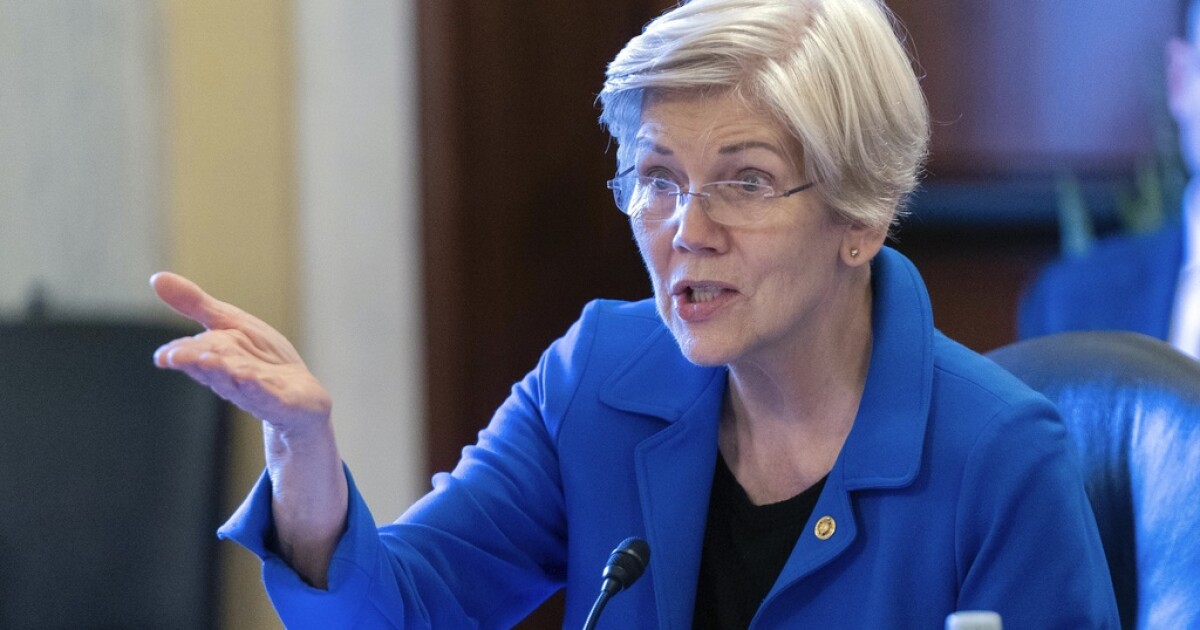

An unlikely bipartisan Senate duo is calling for transparency from the Federal Deposit Insurance Corporation after raising concerns over its facilitation of the sale of First Republic Bank to JPMorgan Chase.
The alliance between populist Sen. J.D. Vance (R-OH) and progressive Sen. Elizabeth Warren (D-MA) revolves around two topics: Wall Street and excesses from large businesses.
EMBATTLED UPENN PRESIDENT LIZ MAGILL FACES GROWING CALLS FOR RESIGNATION
The two members of the Senate Banking Committee sent a letter to FDIC Chairman Martin Gruenberg asking questions about the corporation’s role in the sale of the failed bank and even alleging that he misled Vance regarding the spread of bids received for First Republic Bank.
“In private conversations with Senator Vance, you have indicated a bid spread of $20 billion,” the senators wrote to the chairman. “However, Senator Vance’s office has learned from government officials and industry leaders, who have purported to be privy to the auction process, that the final spread between JPMorgan’s bid and the next most viable bid was likely closer to $1 billion. If true, this would be concerning given that retrospective reviews of past bank resolution cost estimates have been found to be extremely imprecise – sometimes off by billions of dollars.”
The senators are calling for the FDIC to provide more information about the terms of bids received, the spreads between the competing bids, the bids’ impact on the FDIC’s Deposit Insurance Fund, and its legal reasoning and market analysis in the decision to accept bids for the failed bank from institutions that already exceeded the 10% nationwide deposit cap. They are calling for a response no later than Dec. 22.
CLICK HERE TO READ MORE FROM THE WASHINGTON EXAMINER
Vance and Warren have been working together quite a bit this year, utilizing their thirst for banking industry accountability. They introduced a bill backed by at least a dozen of their Senate colleagues that would force the government to claw back bonuses awarded to executives at failed banks such as Silicon Valley Bank. Their legislation would require the FDIC to reclaim the money from the executives paid out in the three years before failure or an FDIC bailout.
The Washington Examiner reached out to the FDIC for comment.





